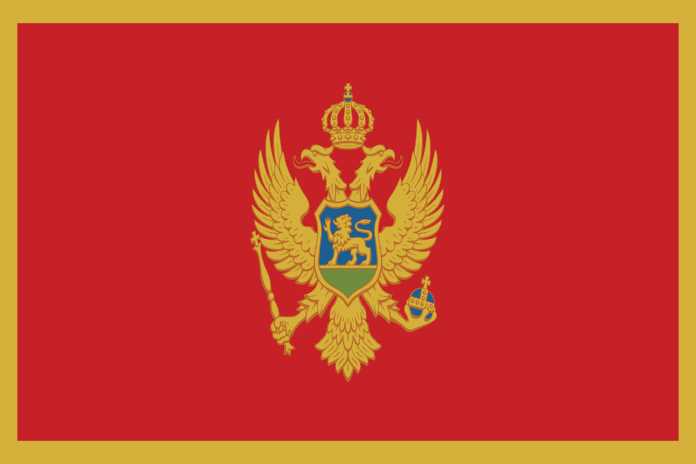Democracy Digest: Slovak Prime Minister Makes Adjustments as His Government Wobbles
Hungary Withdraws Veto Threat Against EU Sanctions; Pursues Funding in UAE
In a surprising turn, the Hungarian government sanctioned the extension of EU sanctions on Russia on Monday, despite previous threats to block it. This move came after Ukraine unilaterally halted Russian natural gas shipments through the Brotherhood (Urengoy–Pomary–Uzhhorod) pipeline on December 31, a critical route that crosses Ukrainian land. Earlier in the month, Hungarian Foreign Minister Peter Szijjarto made unsubstantiated allegations suggesting Ukraine may have intended to disrupt its gas pipelines. Meanwhile, the Russian Defence Ministry reported that Ukrainian drones targeted a compressor station within Russian borders, near the TurkStream gas pipeline. With Hungary now mainly reliant on TurkStream for its gas needs, any disruption to this pipeline could severely impact the country, which has made little progress in reducing its dependency on Russian energy, unlike other EU nations. In a show of solidarity, Hungary partnered with Slovakia to criticize Ukraine for allegedly endangering Europe’s energy security, yet they ultimately retreated from their stance at Monday’s foreign ministerial meeting regarding sanctions renewal. Szijjarto stated on Facebook that “the European Commission has vowed to safeguard gas and oil pipelines for EU countries and has requested assurances from Ukraine to ensure oil supplies to the EU.” Observers note that it would have been contentious for PM Viktor Orban to oppose EU sanctions against Russia immediately after his ally, US President Donald Trump, had threatened further sanctions on Russia. Hungary finds itself needing to navigate more cautiously regarding its foreign policy with “Axis of Upheaval” nations. For instance, Orban’s government recently blocked a collective EU statement condemning the manipulated presidential election in Belarus this week, likely to avoid aggravating relations with Washington.
PM Viktor Orban visited the UAE this week accompanied by pro-government businessmen from sectors such as energy, finance, defense, space, and telecommunications. Officials insisted that discussions would not revolve around the highly contentious Grand Budapest urban development project proposed by Abu Dhabi developer Eagle Hills. Nonetheless, this project, revealed last week, poses significant political challenges for the Fidesz government. The Budapest city council voted this week to exercise its right to reclaim ownership of a portion of land sold for 50 billion forints to Eagle Hills, which aims to construct a futuristic district featuring skyscrapers up to 500 meters tall. Opposition from the city council, excluding Fidesz members, stands against the government’s plan, which would drastically transform the city’s skyline and is perceived as undermining Hungarian sovereignty due to the sale of 100 hectares in the capital. The intricate legal landscape – where Budapest retains the right of first refusal on a portion of the sold land – may prolong the project’s timeline. Peter Magyar from the opposition TISZA party announced he would mobilize a large protest against the initiative if the government proceeds: “TISZA, backed by millions of Hungarians, will thwart this project,” he declared on Facebook, although he did not provide a date for the demonstration. Orban’s visit to Abu Dhabi could also aim to secure external funding for Hungary, which recently abandoned 1 billion euros in frozen EU funds and now confronts substantial daily fines from the EU for non-compliance with its migration and asylum regulations.


